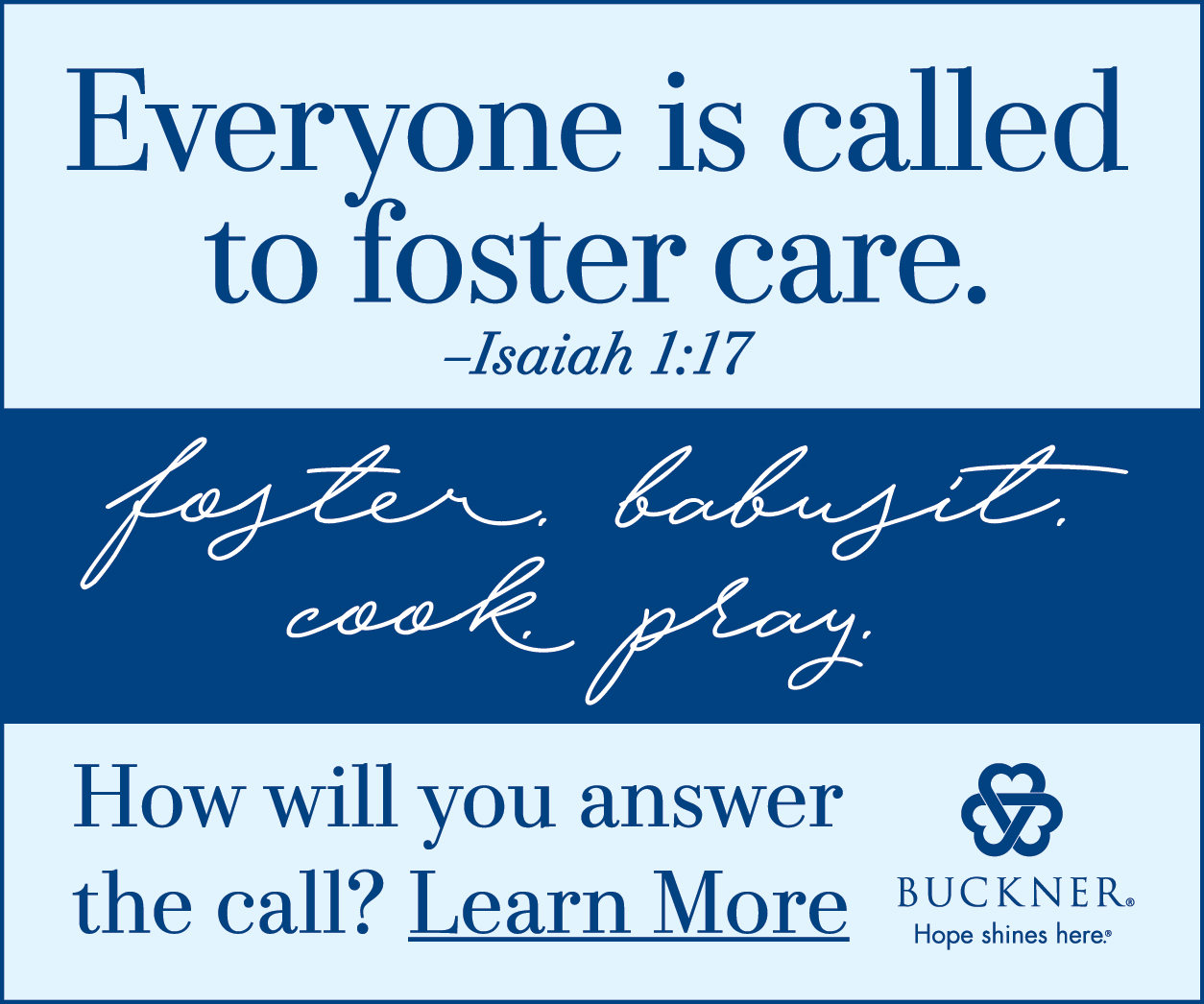A tsunami of gambling has inundated America. The projected cultural effects are dire. What can Christians do about it?
Recognizing gambling is a problem may be the most important step you can take. Many people view gambling as a recreational activity for individuals but have not realized its negative impact on society.
• Remember, you address the issue first as a Christian. Biblical and theological teachings ought to steer Christians toward opposition to gambling. I can cite no specific verse or passage that prohibit gambling, but broad themes guide our conversation. The Bible stresses the importance of community, care for others and the importance of daily work. Guidelines are often prescribed for how communities are to function. God expected God’s people to care for others in their society, particularly the marginalized, including the poor.
Teachings on stewardship also are helpful. God created the world and placed man and woman in it to care for it. God expects people to care for creation and others in a responsible way. Using resources to gamble is not responsible behavior.
• Understand the social perils of legalized gambling. Not everyone will accept the biblical opposition to gambling. Thus, we ought to know its social consequences in order to join those who oppose it on these grounds.
The most obvious peril is addiction. About half of all slot machine profits come from people who have a gambling problem. One casino manager determined the typical visitor to his casino gambled there an average of 4.5 times per week. In addition, state lotteries make about 80 percent of their profits from only 10 percent of players.
Addiction often leads to shattered lives of excessive debt, bankruptcy and even suicide. One Wisconsin report noted more than 14,000 people called a gambling helpline. The average gambling debt for these callers was nearly $44,000. Stories of people losing homes and families are not uncommon.
Gambling proponents often point to its revenue potential. Legislatures have legalized gambling to raise revenue in lieu of tax revenue. This “sin tax” also has been levied against tobacco and alcohol sales. The tax is regressive, because lower-income families spend a higher percentage of their income on gambling. It’s also a hidden tax, because the amount spent on administration and revenue for the state is seldom advertised.
• Continue to raise your voice against gambling. Help those in your congregation and community see the negative impact of gambling. Remind them of its dark side. I wonder how much impact it would make if Christians chose not to participate.
Sign up for our weekly edition and get all our headlines in your inbox on Thursdays
Remind your legislators of your opposition. Encourage others in your circle of influence to do the same. You may want to join an advocacy group opposed to gambling, since there is strength in numbers.
Several of these groups—and additional information—are found on several websites: Stop Predatory Gambling, the Texas Baptist Christian Life Commission, the Wisconsin Council on Problem Gambling and the National Council on Problem Gambling. Here is one more wonderful resource.
David Morgan, senior pastor
Trinity Baptist Church
Harker Heights, Texas
If you have a comment about this column or wish to ask a question for a future column, contact Bill Tillman, consulting ethicist for “Right or Wrong?” at [email protected].















We seek to connect God’s story and God’s people around the world. To learn more about God’s story, click here.
Send comments and feedback to Eric Black, our editor. For comments to be published, please specify “letter to the editor.” Maximum length for publication is 300 words.